Basra had been waiting for this.
Long before kickoff, you could feel it in the streets, in the noise around the stadium, and in the faces of the tens of thousands streaming into the ground. This wasn’t just a football match - it was a national reckoning with a dream that had been deferred for nearly four decades.
Iraq came into the second leg of their Asian World Cup qualifiers playoff against the UAE with everything on the line. A 1–1 draw in Abu Dhabi left the door cracked open, but only slightly. There were away goals to consider, extra time if needed, and penalties if fate demanded it. Most importantly, there were at least 66,000 Iraqis in the stands, ready to carry this team with every breath.
This was the very definition of a “be-all or end-all” night: Iraq, longing for a first World Cup appearance since 1986, hosting a decisive match on home soil - something that felt unthinkable less than a decade ago. A country scarred by war, displacement, and instability, finally welcoming continental football of the highest stakes. And a team made up of players, many of whom were born in Europe to refugee families, returning to represent the nation their parents were forced to flee.
On the other side stood the UAE, built on a very different model: a lineup featuring no fewer than nine naturalised players from Brazil and Africa: two footballing worlds, two footballing philosophies, and one golden ticket to the intercontinental playoffs between them.
Then Basra exploded.
The UAE stunned the stadium early in the second half, taking the lead in the 52nd minute via Caio Lucas. Suddenly, the dream was slipping away. But Iraq didn’t break; they rose. In the 66th minute, Mohanad Ali rose highest, heading home a perfect delivery from Amir Al-Ammari to level the match and reignite the night.
From then on, the match wasn’t played; it was survived. Tackles flew, emotions surged, every inch mattered. And then came the moment that will live forever.
Deep into stoppage time of extra time - around the 107th minute - VAR intervened. Penalty to Iraq. The kind of decision that rewrites destinies.
Amir Al-Ammari stepped up, placed the ball, and with every heart in Basra beating alongside him, fired it high into the net. Pandemonium. Release. History roaring back to life.
Iraq 2, UAE 1. Iraq 3, UAE 2 on aggregate. Iraq to the intercontinental playoff.
Why this matters
For Iraq, this isn’t just a sporting achievement. It is the culmination of years of struggle, hope, and stubborn belief. A milestone for a country that has fought to reclaim normalcy, dignity, and joy through football.
They will travel to Mexico in March for the intercontinental playoff, now just one game away from their first World Cup appearance since that iconic team of 1986. Their coach, Graham Arnold, already took Australia to the World Cup from this path last time around.
In Basra, the celebrations lasted long into the night. Not because qualification is assured — far from it — but because for the first time in a long time, Iraq can look forward and see possibility.
Nights like this are why football matters.
Nights like this are why nations believe.
And nights like this are exactly the stories we tell at BabaGol.
Iraq’s dream is alive — and it’s louder than ever.
Photo courtesy: The Asian Football Confederation official social channels
Ex-Socceroos boss Graham Arnold takes over Iraq's national team for final two 2026 World Cup qualifiers against South Korea and Jordan.
Iraq refuses to play Palestine’s WCQ in Jerusalem or Jordan, citing VAR concerns. FIFA faces pressure to decide on a neutral venue.
Kurdish football embodies identity and struggle, with clubs worldwide symbolizing resilience, history, and hope on and off the pitch.
From Israel's stunner vs France to Qatar's late winner, here is a recap of the latest Middle Eastern football action and results.
Palestine faces Iraq and Kuwait in crucial 2026 World Cup Qualifiers. Home game relocated to Qatar amid regional complexities.
Asian Cup 2023: The knockout stage kicked off in Qatar, setting the stage for drama on and off the pitch. From Australia to Tajikistan, two Arab derbies are ready to take place, with Qatar and Palestine the main event.
Middle Eastern teams are playing international football in the CAF Champions League and the U-20 World Cup, but one possible clash could be played in a virtual match. Uri Levy recaps the last week of Middle Eastern football.
Cristiano Ronaldo cotinue he journey in Saudi Arabia, the Tehran derby was a game you shouldn’t miss, and what will be the destiny of the Middle Eastern teams in the FIFA U20 World Cup? The weekly round-up by Uri Levy
Football in the Middle East is always producing unusual scenes, but the final day in Lebanon was something different. Uri Levy with the best moments this week from the region.
The Middle Eastern football had a week of national teams tournaments, derbies and more action. Uri Levy brings us the top headlines from the region.
The 25th Arabian Gulf Cup is a moment that Iraq, as a country and a football nation, waited for years. Uri Levy discovers the most fascinating football tournament you should follow in the next weeks.
The Middle East and North Africa are ready to send a record number of teams to the World Cup in Qatar.
Iraq’s sole World Cup scorer lost his life after a fight with coronavirus. Baghdad is mourning.
After leagues around the world have restarted their games. In the Middle East, the leagues' recovery from COVID-19 can tell a lot about the region.
The Coronavirus has struck hard on world football in the past week, and the Middle East is no different. A full list of the region’s countries and the impact COVID-19 has on them.
The Asian World Cup Qualifiers are among the fascinating competitions in the world. Drama, politics, tears and a bigger picture to look upon and learn. Uri reviews the drama and context of the important goals and moments.
Uri went to Or Yehuda to meet the world’s oldest footballer ever. Don’t miss it.
After years of absence, Iraq is coming back to the AFC Champions League. Al-Quwa Al-Jawiya has been eliminated early, but a new name will have a chance to shine at the group stage - Al-Zawraa.
Qatar can’t stop and tonight they defeated Iraq, all the way to the Asian Cup quarter final. At the next stage they will face South Korea, that found a tough opponent in Bahrain.
Everything was ready for the Clásico of Middle Eastern football between Iran and Iraq. Even though the game was goalless and there was more than one clash between the players, it was one of the best matches of the tournament.
Iran, Iraq & Saudi Arabia completed their qualification for the knockout stage, preparing for the groups’ last matchday that will present the Gulf War, the football version.
A dramatic win for Iraq against Vietnam, Saudi Arabia easily defeated North Korea. It was another day of fascinating football from West Asia.
While the tournament will take place in the Emirates, 12 teams from the Middle East will try to conquer Asia and win the tournament. This is the Western Asia team-by-team preview for the Asian Cup.
Not many clubs in the world can show off in three consecutive continental titles at the moment. Actually there are only two. Real Madrid, and Al-Quwa Al-Jawiya. Uri with the Eagles of Baghdad.
Srecko Katanec is the new coach of the Iraqi national team. Uri detailed his challenges and goals.
A crucial Friday for Iraqi football, as FIFA Congress will discuss international football return to the Iraqi stadiums.
Alaa Ahmed's tragedy gathered the football world together. Uri shares his condolences and think of what can we learn from this story, about football in Iraq, in general and on the focus the football community puts on distanced countries.
Politics, football and tragedies. The amazing and ambivalent 2017 Gulf Cup in Kuwait.
Under the radar, an Iraqi mega club is emerging in Asia. The local FA has a long way to go, but Uri highlights the important points from Al-Jawiya’s triumph.


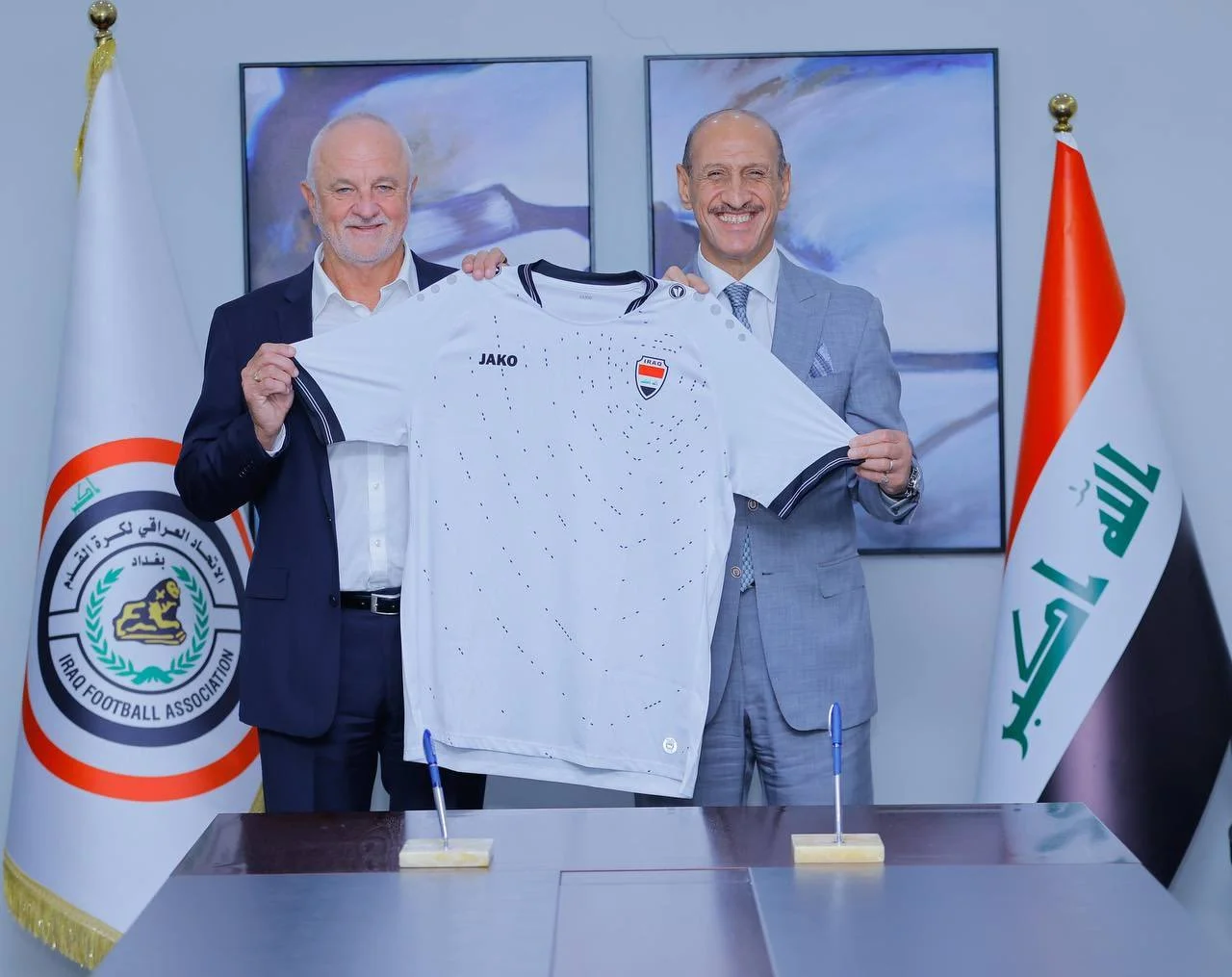

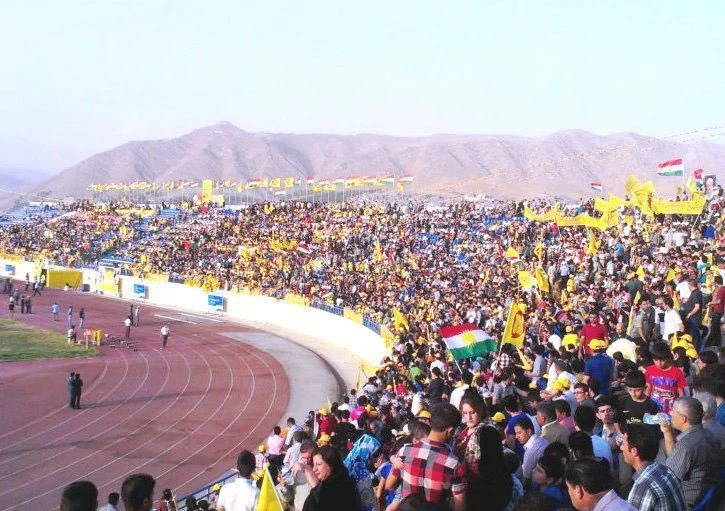
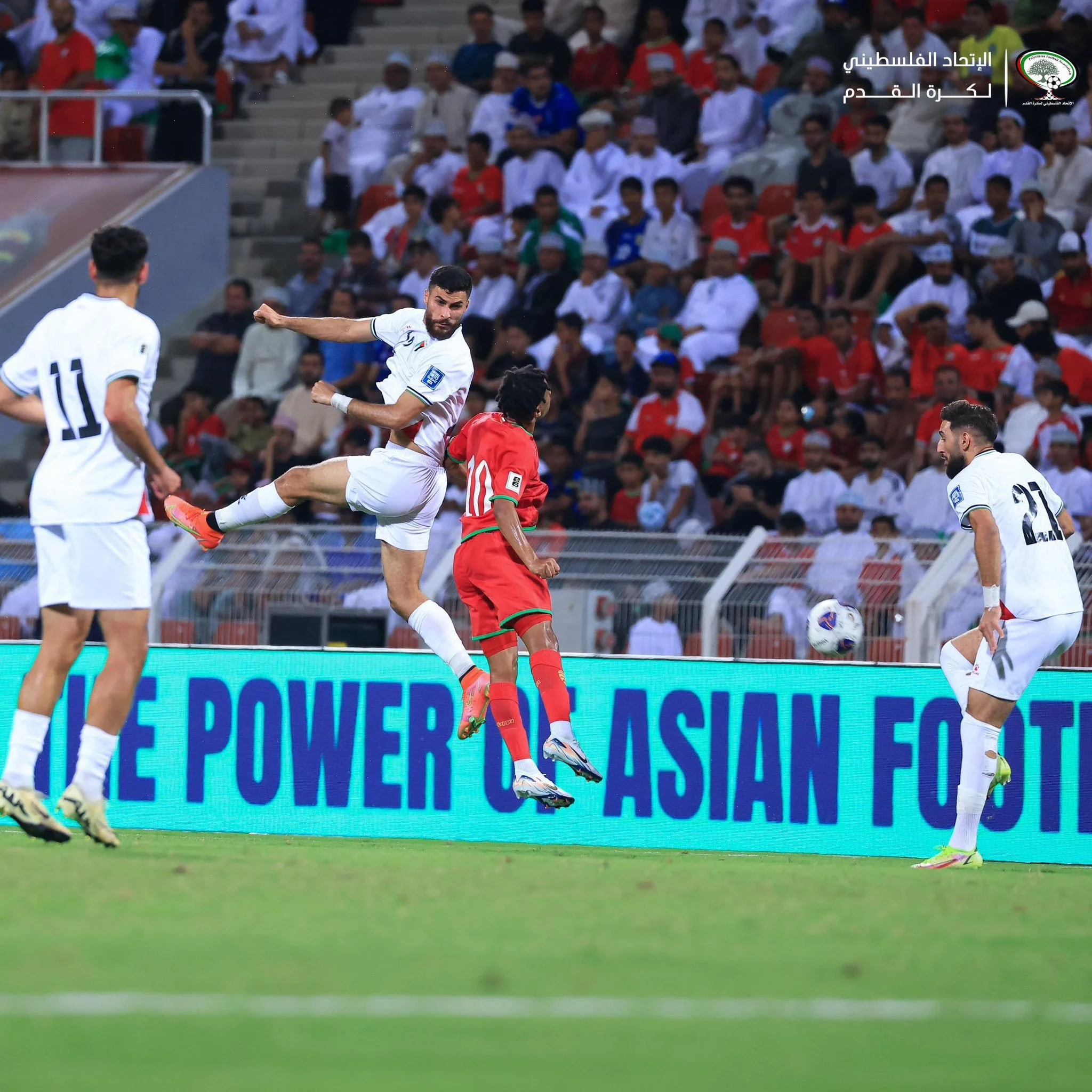

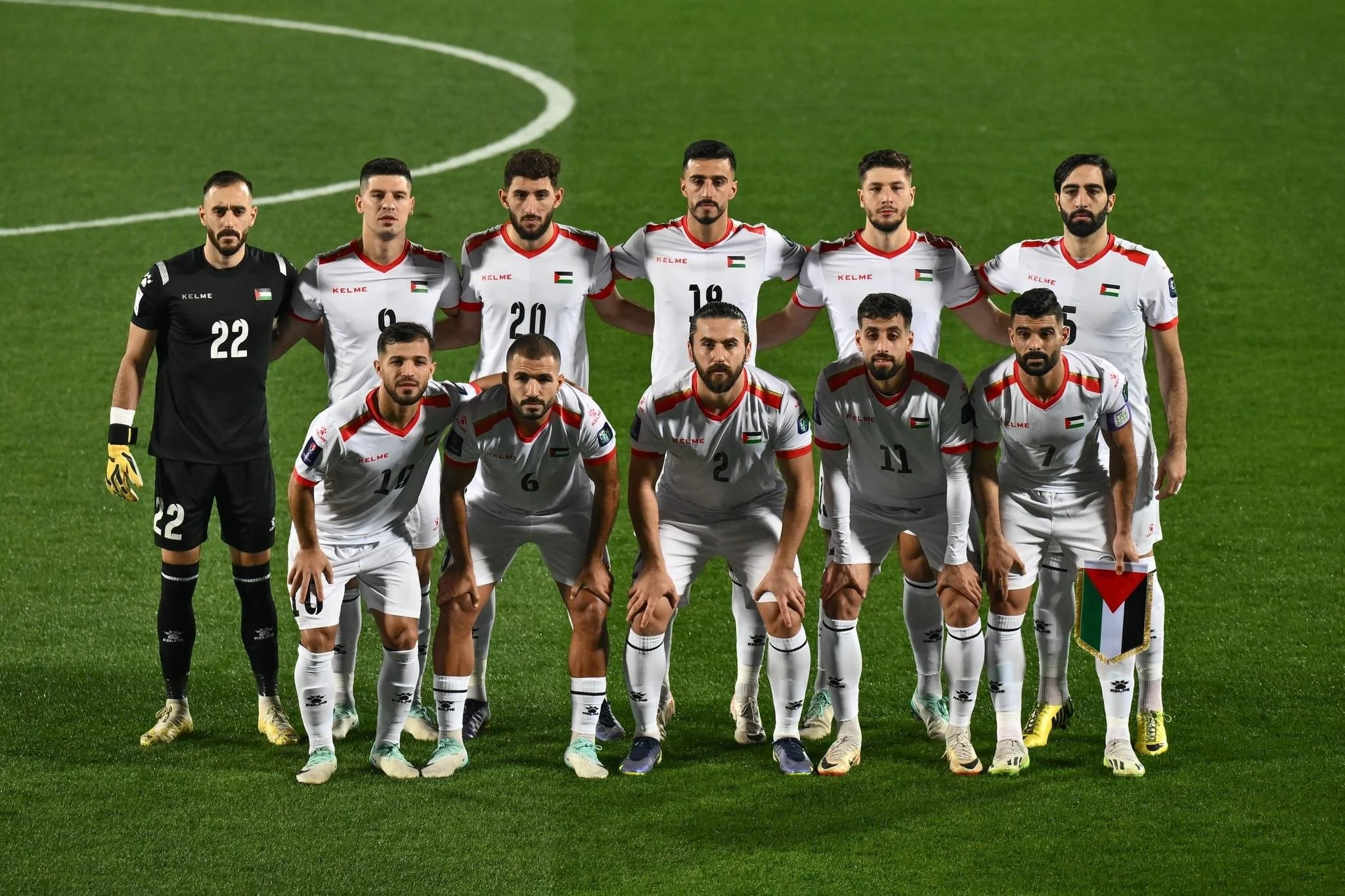





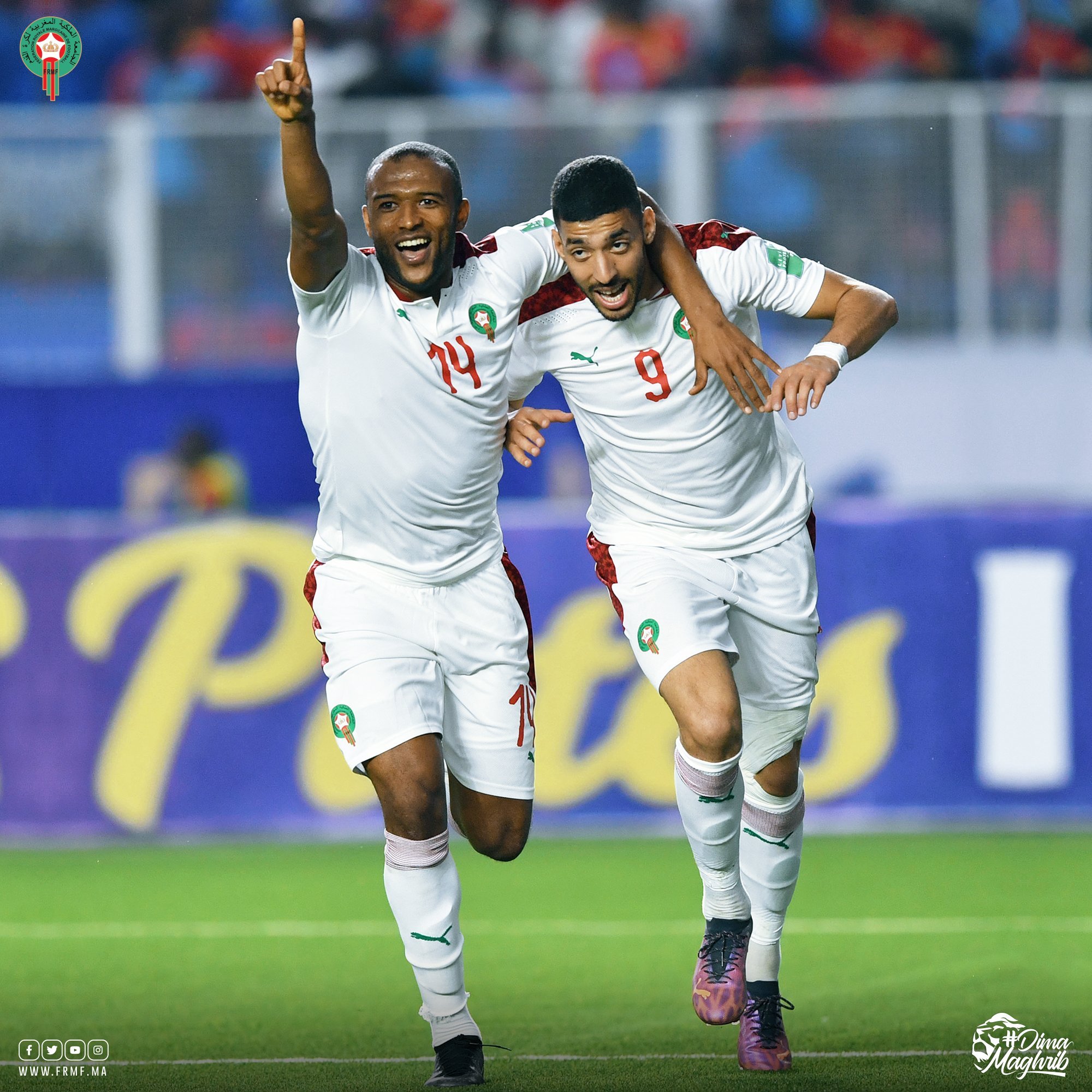




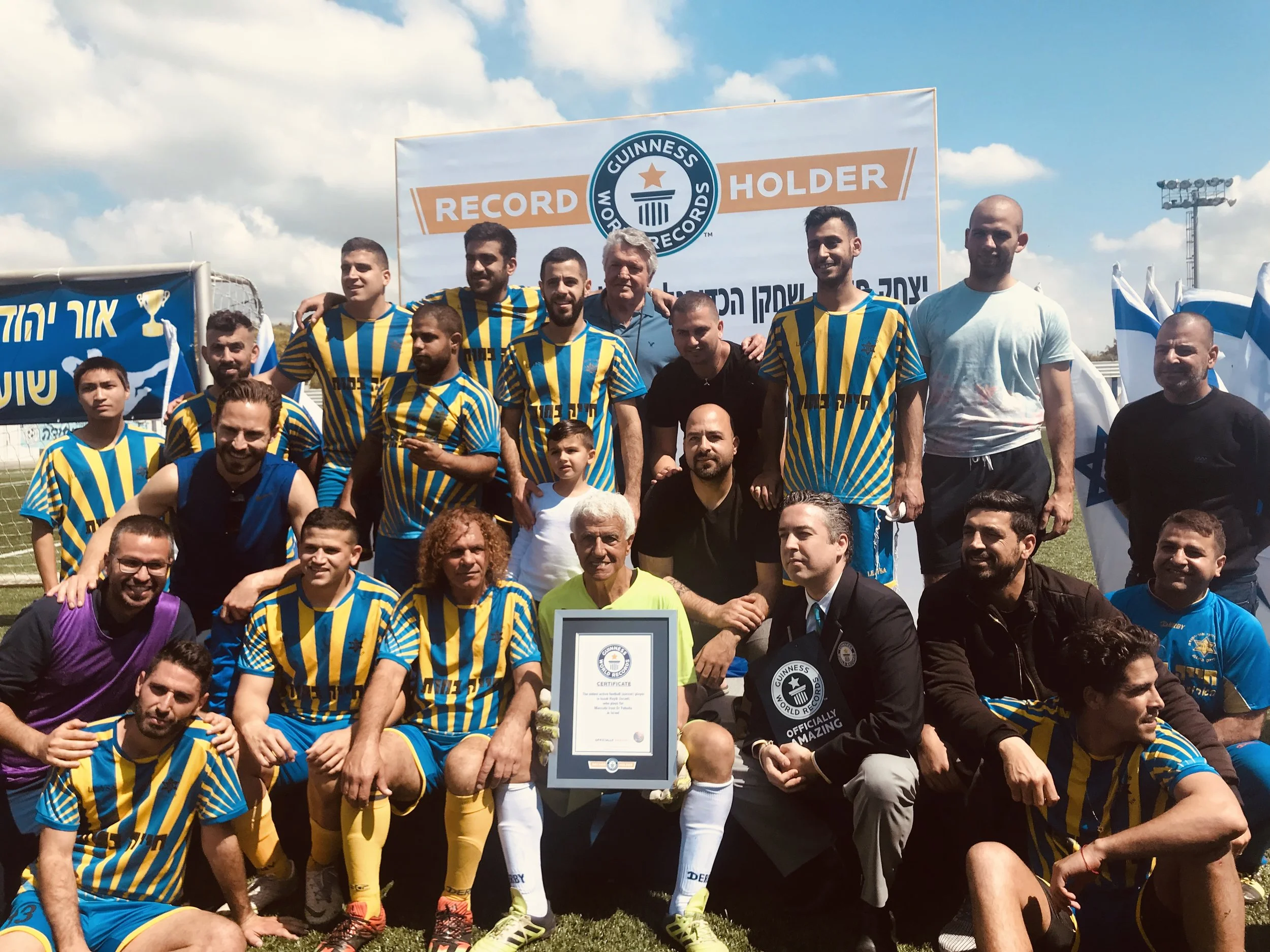


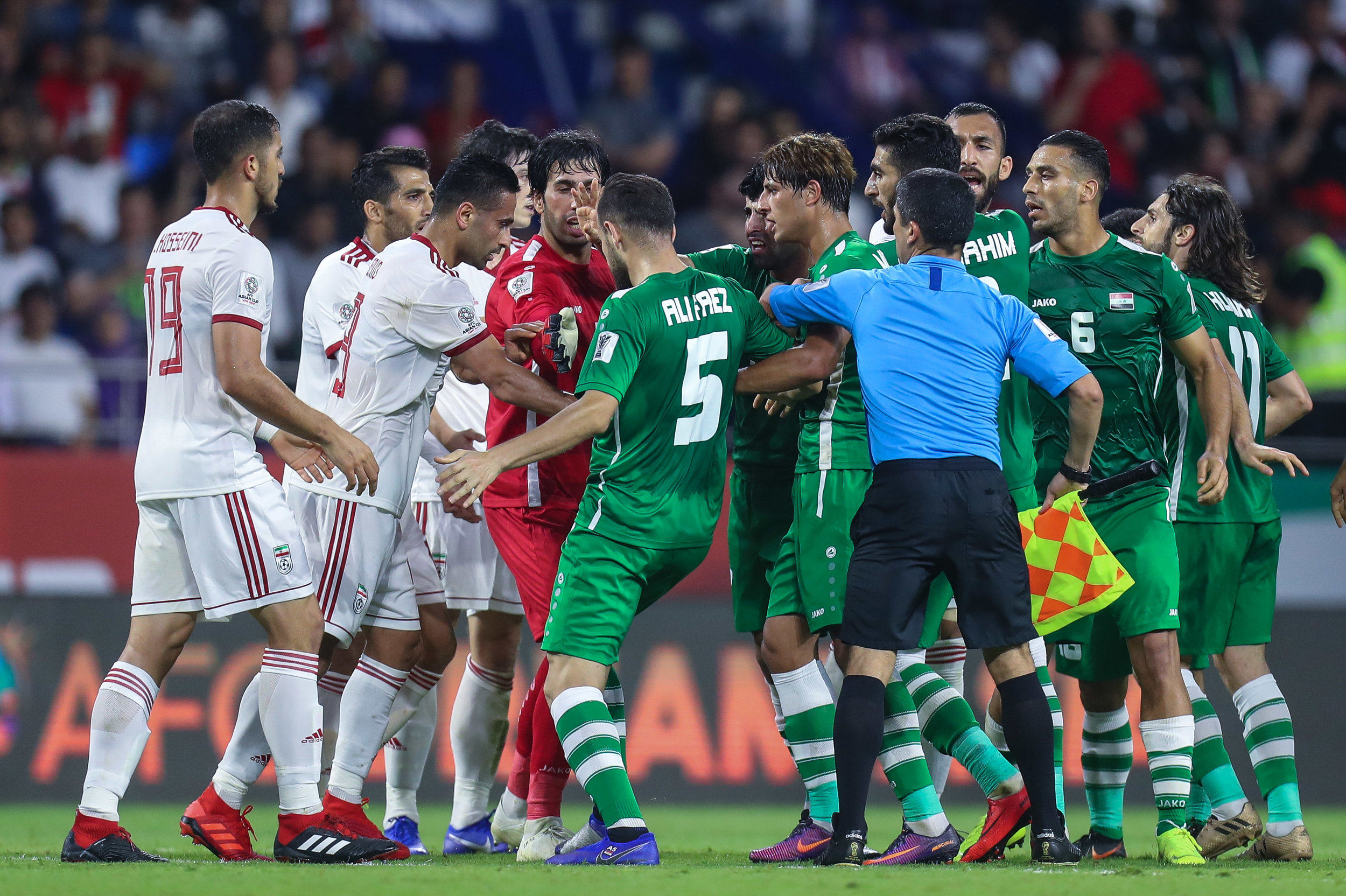




A dramatic 107th-minute penalty sends Iraq to the intercontinental playoff—now just one game from a first World Cup since 1986.